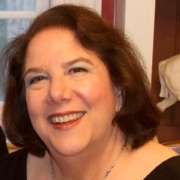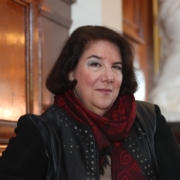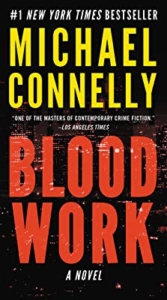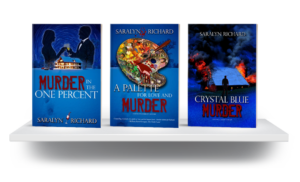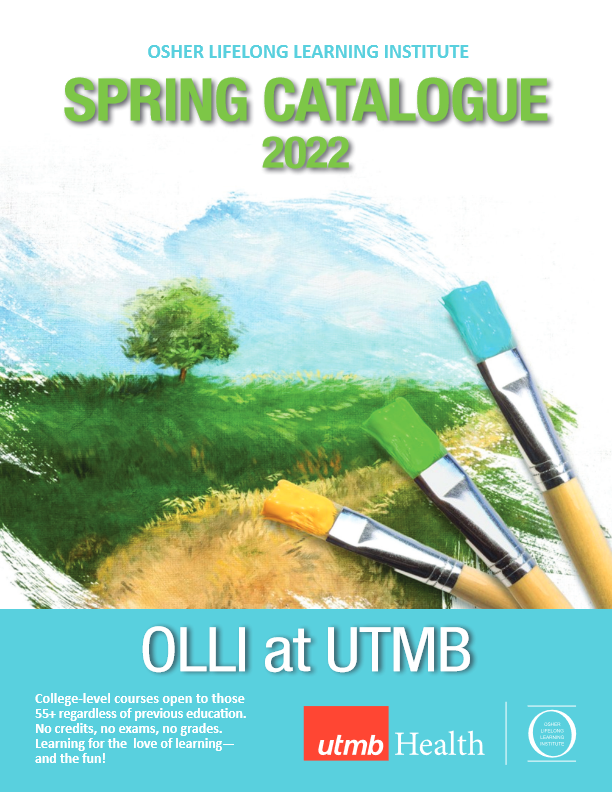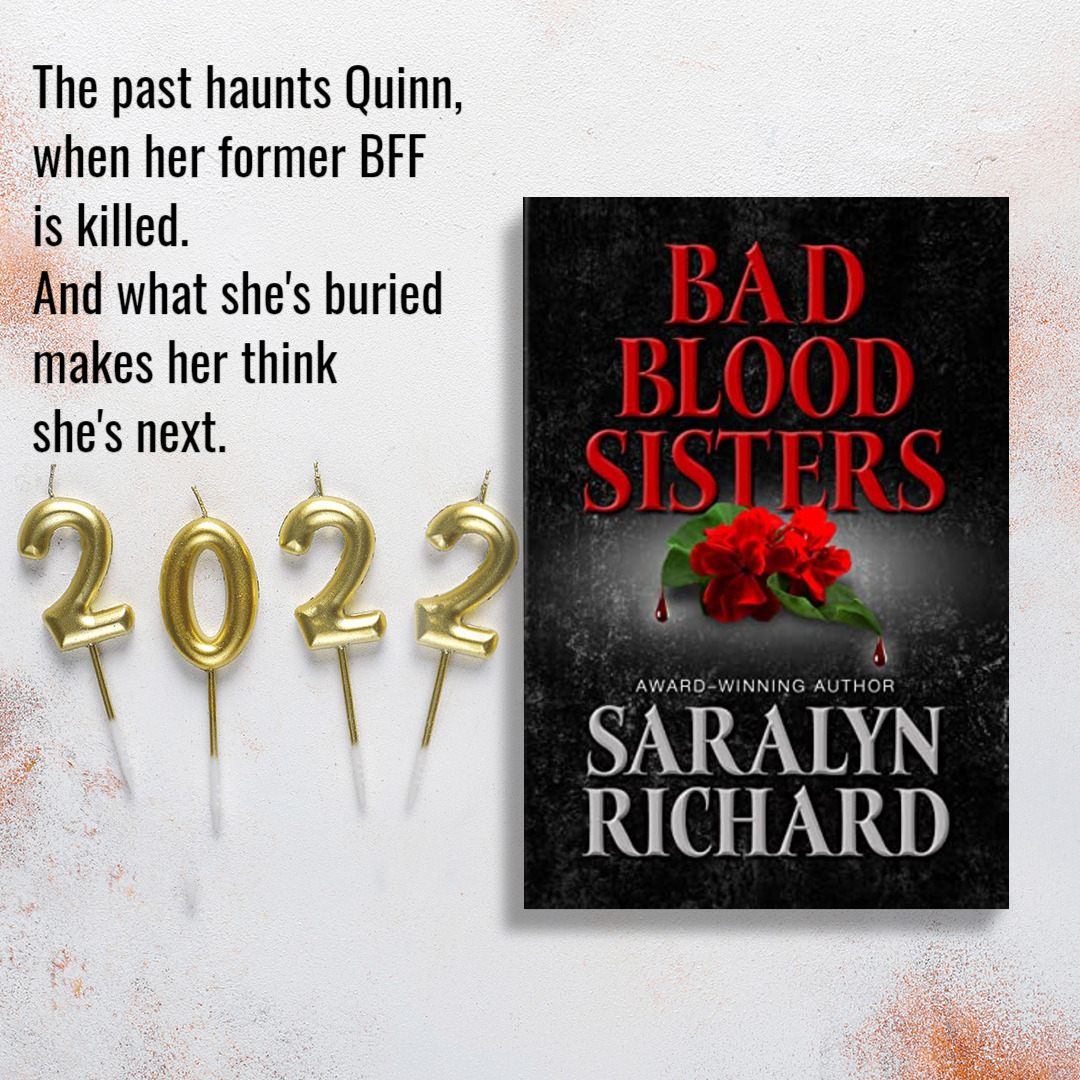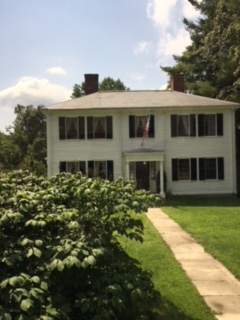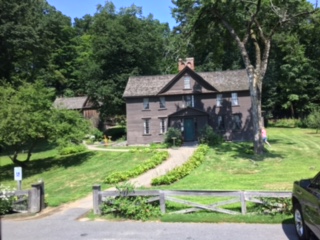Fighting the Good Fight
Fighting the Good Fight—For the Arts
by Saralyn Richard
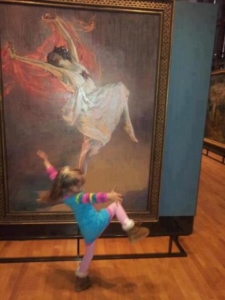
My first foray into the world of teaching was as an English instructor, and I learned a lot about working with students in a required academic subject. Several years into that career, I earned a graduate degree in administration, and I switched out of the English department and into Fine Arts. The Fine Arts department consisted of visual arts, speech and theater, music, and foreign language (still a mystery how that fits, except that foreign language does involve some performance skills).
As the Fine Arts chairperson, and later the Assistant Principal in charge of Fine Arts (and other departments), I learned a few things immediately:
- As elective subjects, the students were more motivated to learn, attended more frequently, and earned better grades than in the required subjects.
- The arts provided extensive opportunities for extra-curricular activities that enhanced and enriched the school community as a whole. In essence, Fine Arts was the heart of the school.
- Every year when it was time for students to choose electives, the Fine Arts had to fight for its existence.
One might wonder why classes that were so successful and valuable would have to justify their worth continually. The reasons run deep, and they extend beyond the school system and into society as a whole. There are mandates—required subjects take precedence, so resources of time, space, and personnel must be assigned to them first. There are budget restrictions. Performing arts may require expensive equipment, uniforms, and supplies. The extra-curricular activities associated with the classes add another layer of expense with travel to competitions and coaching costs.
The annual effort to promote the department and recruit students to take the classes was monumental, and it included some extraordinary teachers and events, like a Fine Arts Festival, to make a difference.
Fortunately, our board members, administrators, teachers, and parents embraced the value of the arts and pushed to keep the department viable.
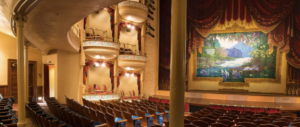
Fast forward to the present, and I find myself still in the fray. As an author, I face increasing challenges in the literary arts—publishing and marketing woes, intense competition for reach into audiences, threats of AI, and more. I also serve as the President of the Board of our local historic theater, and I find the same challenges there, a scarcity of resources, a need to fill the seats for the shows, a competition for entertainment dollars.
The arts are still considered frills—nice if you can have them, but easy to cut if you need to trim the budget. Yet I can’t imagine life in a society where there are no books, plays, concerts, ballets, symphonies, or art galleries to provoke thought and discourse and to touch people’s hearts. We can’t have culture without arts, and we can’t have a full life without culture.
I dislike politics in all its forms, but I always stand up for the arts wherever and whenever I can. Do you?
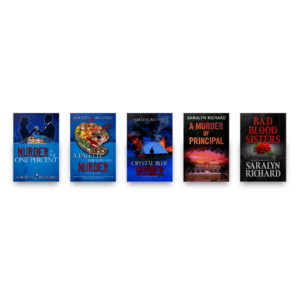 Saralyn Richard writes award-winning humor- and romance-tinged mysteries that pull back the curtain on people in settings as diverse as elite country manor houses and disadvantaged urban high schools. An active member of International Thriller Writers and Mystery Writers of America, Saralyn teaches creative writing and literature, and continues to write mysteries. Her favorite thing about being an author is interacting with readers like you. Visit Saralyn here, on her Amazon page here, or on Facebook here.
Saralyn Richard writes award-winning humor- and romance-tinged mysteries that pull back the curtain on people in settings as diverse as elite country manor houses and disadvantaged urban high schools. An active member of International Thriller Writers and Mystery Writers of America, Saralyn teaches creative writing and literature, and continues to write mysteries. Her favorite thing about being an author is interacting with readers like you. Visit Saralyn here, on her Amazon page here, or on Facebook here.

